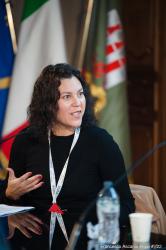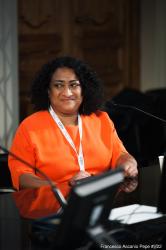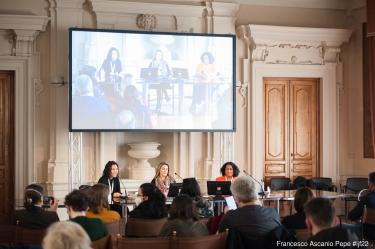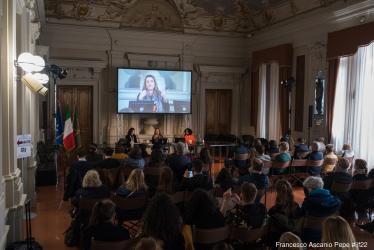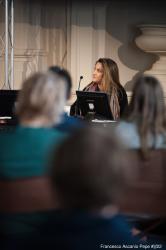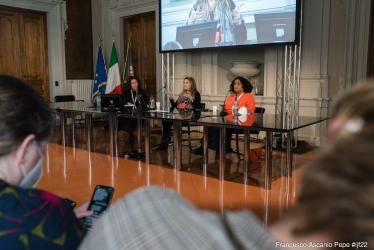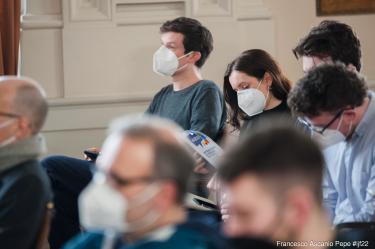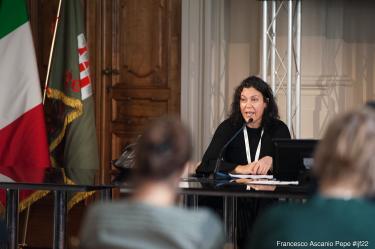In 2019, Brazilian political journalist Patricia Campos Mello, who had previously reported from hot spots and conflict zones around the world, hired her first ever bodyguard in the wake of a relentless trolling campaign following her reporting on President Jair Bolsonaro. Journalist Maria Ressa, who was honored with the Nobel Peace Prize, has faced relentless trolling, accused of being a traitor especially after Rappler, the publication she co-founded, published an exposé on paid trolls.
This “virtual lynching” is just one example of targeted online hate and harassment that is increasingly common and politicized. The resulting intimidation can lead to self-censorship, hindering the press from public interest reporting that holds the powerful to account.
Journalists reporting on politics, corruption and crime can easily find themselves in the crosshairs of state-sponsored harassment and disinformation campaigns, often helped by PR firms or state-inspired volunteers.
Moreover, the politicized attacks seek to discredit, shame and delegitimize journalists at a time when trust in the media is scant around the world. Publicly vilifying journalists, and framing them as conveyers of “fake news” is a or having a hidden agenda, crucial step in depleting trust while feeding the masses a State driven narrative, including disinformation.
Opening with a brief overview of the existing research and range of state trolling practices –panelists will share their own experiences, contextualize the political nature of these attacks, what responses were helpful and what challenges remain. When government officials or political parties are behind the coordinated harassment, how can journalists respond and what role should social media platforms play in disabling these campaigns? CPJ will lead a conversation to explore the links between politically motivated virtual lynchings and the broader effect on trust in the media. The panel will evaluate existing efforts and coordination, and seek to identify best practices for how journalists can stay safe in the wake of harassment campaigns or state sponsored trolling. This discussion will take a pragmatic approach to the question of what can be done to defuse the weaponization of political coverage, and ensure journalists can continue their coverage freely and safely
Organised in association with Committee to Protect Journalists.



